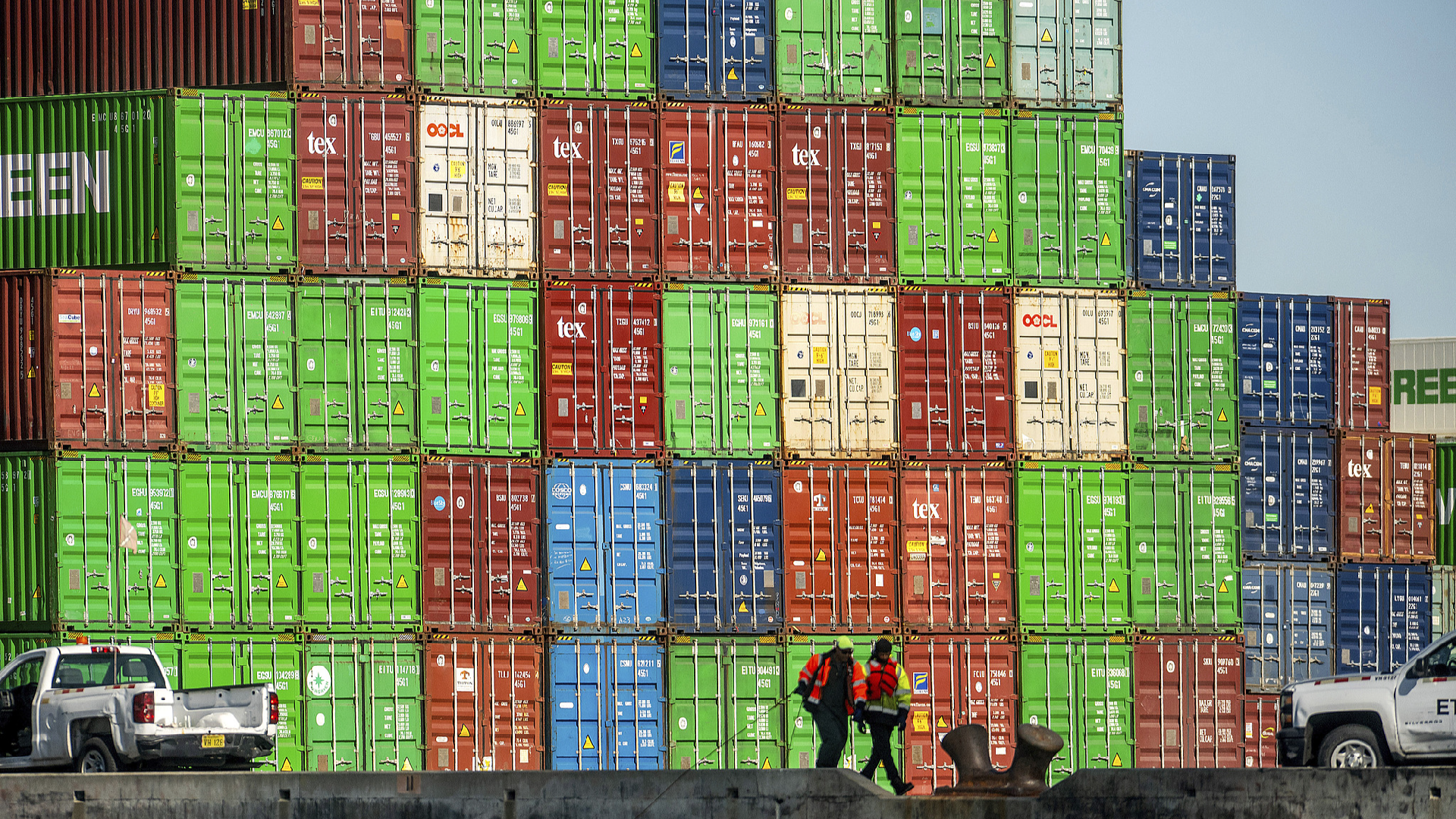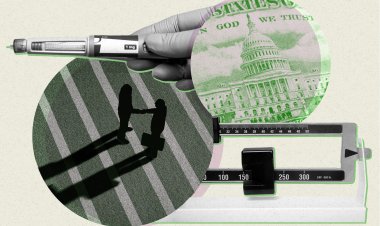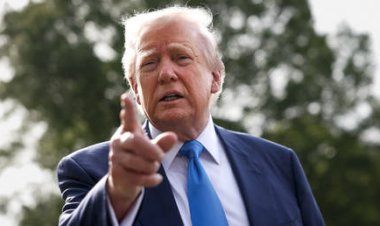U.S. Begins Imposing Trump’s 10% Tariff, Disrupting Global Trade
U.S. customs agents commenced the collection of President Donald Trump's unilateral 10 percent tariff on imports from numerous countries this past Saturday. Additionally, increased duties on products from 57 of its major trading partners are set to begin next week.

The initial 10 percent "baseline" tariff imposed on U.S. importers came into effect at U.S. seaports, airports, and customs warehouses at 12:01 a.m. Eastern Time, marking Trump's complete rejection of the post-WWII system of mutually agreed tariff rates.
"This is the single biggest trade action of our lifetime," said Kelly Ann Shaw, a trade lawyer at Hogan Lovells and former White House trade adviser during Trump's first term.
Speaking at a Brookings Institution event on Thursday, Shaw anticipated that the tariffs would change over time as nations look to negotiate lower rates. "This is a pretty seismic and significant shift in the way that we trade with every country on earth," she remarked.
The announcement of the tariffs on Wednesday unsettled global stock markets, causing a record two-day decline that erased $5 trillion in value for S&P 500 index companies by Friday's close. The fears of a recession led to a drop in oil and commodity prices, as investors sought refuge in government bonds.
In terms of scale, despite the U.S. having trade deficits with many countries last year, Australia, Britain, Brazil, Colombia, Argentina, and Saudi Arabia were among the first nations subjected to the 10 percent tariff. White House officials indicated that several countries would face larger deficits with the U.S. if their trade policies were more equitable.
A U.S. Customs and Border Protection bulletin allowed for a 51-day grace period for cargo that had already been loaded or was in transit to the U.S. before the tariff took effect; cargo must arrive by May 27 to avoid the 10 percent duty.
Trump's higher "reciprocal" tariff rates, ranging from 11 percent to 50 percent, are set to take effect on Wednesday at 12:01 a.m. ET. European Union imports will incur a 20 percent tariff, and Chinese goods will face a 34 percent tariff, elevating Trump's total new levies on China to 54 percent.
In response, China announced on Saturday, "The market has spoken," regarding the rejection of Trump's tariffs. The country implemented a series of countermeasures, including additional 34 percent levies on all U.S. goods and export restrictions on certain rare earth minerals.
"A trade war is in no one's interest. We must stand united and resolute to protect our citizens and our businesses," stated French President Emmanuel Macron in a post on X.
Some global leaders expressed hope for negotiating a deal with Trump to mitigate economic repercussions, while others considered retaliatory actions.
British Prime Minister Keir Starmer wrote in the Telegraph that he was prepared to "use industrial policy to help shelter British business from the storm," emphasizing the importance of securing a trade deal with the U.S. that could include tariff exemptions.
Israeli Prime Minister Benjamin Netanyahu's office announced he would travel to Washington on Sunday for a meeting with Trump to discuss the new 17 percent tariff on Israeli goods.
Prime Minister Shigeru Ishiba of Japan, subject to a 24 percent levy, was seeking a conversation with the U.S. president.
Vietnam indicated on Friday that it plans to negotiate a deal with the U.S. after Trump announced a 46 percent tariff on Vietnamese imports.
Meanwhile, Italian Economy Minister Giancarlo Giorgetti cautioned against retaliatory tariffs on the United States, stating at a business forum near Milan that such actions could lead to adverse consequences.
Although Trump's order exempted 1,000 product categories from the new tariffs, including pharmaceuticals, uranium, and semiconductors, the administration is contemplating new duties for some of these products.
Sanya Singh contributed to this article for TROIB News
Find more stories on Business, Economy and Finance in TROIB business












